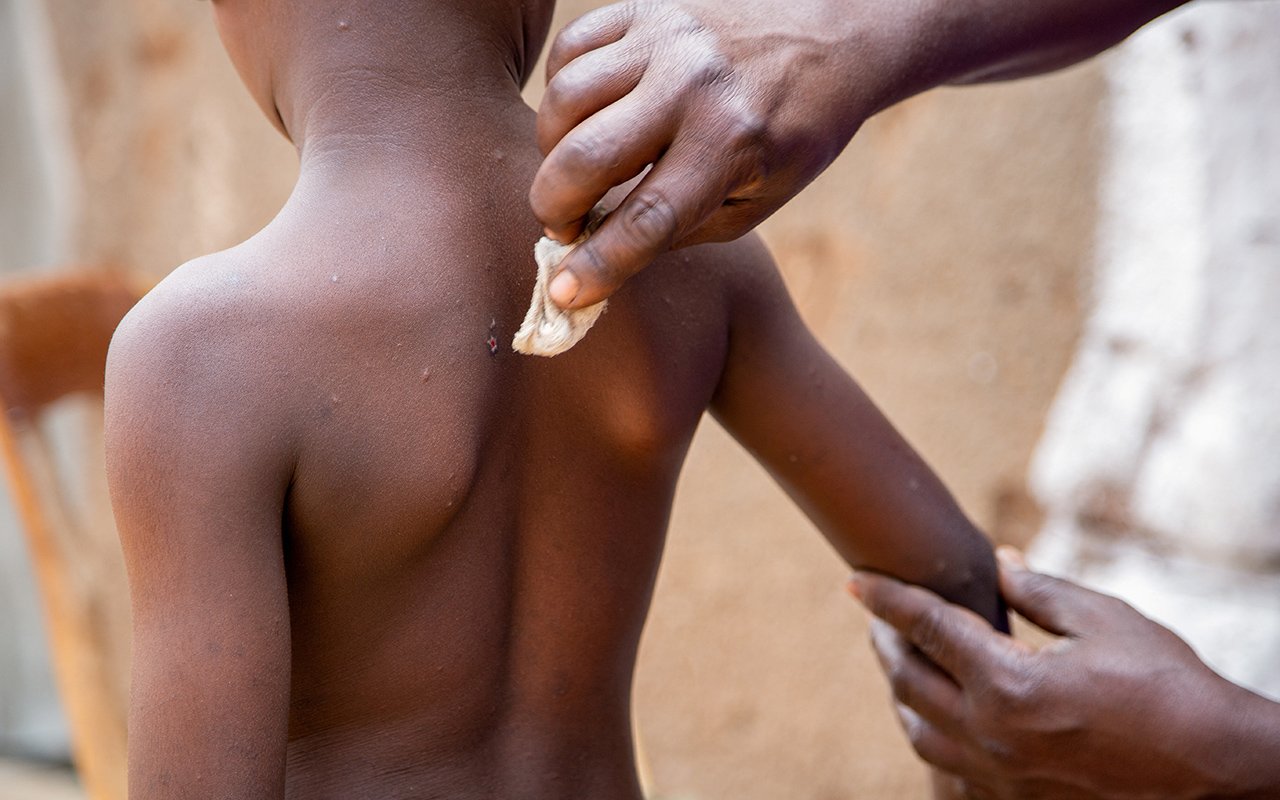
Ms Katherine Nabuzale
|Commentary
Prime
A basic minimum wage as a catalyst for poverty alleviation and human dignity
What you need to know:
- Any country focused on development and economic growth must undertake major investments in remuneration of workers.
According to the International Labour Oganisation (ILO), a minimum wage is the minimum sum payable to a worker for work performed or services rendered within a given period.
It is calculated on the basis of time or output, which is guaranteed by law, fixed in such a way as to cater to the minimum needs of the worker and his/her family in the light of national economic and social conditions.
A Minimum wage is an important policy instrument and in conformity with ILO, the fundamental objectives of establishing a minimum wage are to prevent the exploitation of workers at the hands of employers, to promote a fair wage structure, to provide a minimum acceptable standard of living for low-paid workers and eventually alleviate poverty, especially among working families.
As a country that is aspiring for a middle income class, It’s only prudent that the remuneration of low-income earners is revised and urgently improved through the introduction of a minimum wage.
A minimum wage acts as a poverty-proof for the low workers in society, enabling them to make a decent living from their work.
It’s worth noting that minimum wage earners are likely to spend most of their money in the local community which is a big boost to the community.
It doesn’t help businesses to have low wages besides being burdened by low sales because people can’t afford to purchase.
Enhanced incomes lead to increased consumption which ultimately drives businesses.
Another prime motivation for introducing a minimum wage is to reduce income inequality.
This is done by improving the pay of those at the bottom of the wage distribution scale, especially non-unionized workers.
Empirical studies show that a minimum wage tends to narrow wage disparities by raising the pay of those who earn the lowest salaries albeit as part of a broader policy effort toward significant poverty alleviation.
Additionally a minimum wage can be helpful in limiting labour exploitation by preventing the payment of particularly low wages to vulnerable groups of workers and by doing so, it will make the distribution of income somehow better hence demonstrating the relevance of the minimum wage as an instrument for labour protection.
Globally, the minimum wage system which takes inflation into account is adopted by many countries.
For instance, from a report by Currenxie, Hong Kong revises its minimum wage every two years in order to counterbalance inflation.
The inflation-adjusted minimum wage system is favourable compared to non-inflation adjusted minimum wages.
This means that the minimum wage can be used to cushion against inflation.
Evidence available from some ILO member countries indicates that minimum wage regulation promotes a motivated labour force, industrial peace, increases the level of output and sustains employment levels.
Any country focussed on development and economic growth must undertake major investments in remuneration of workers.
This requires improvements in the human resource to ensure efficiency and competitive productivity, a measure that is supportive of economic growth.
At this point, the government should build on the successful implementation of increased salaries for science teachers by introducing the minimum wage as a way of catering for the other categories of workers.
The minimum wage in itself is an effort to tackle poverty.
As a catalyst for poverty alleviation, a minimum wage particularly in developing countries benefits mostly workers belonging to poor households by raising their low incomes.
This consequently enables the workers to earn fairly decent salaries.
The real measure of progress is found in people’s purchasing power and their ability to meet their basic needs.
Similarly, the introduction of the minimum wage will help control the accentuated rural-urban economic divide.
Many people are forced to move to towns in search of better paying jobs.
But with the minimum wage, rural economic activities like agriculture can be made attractive to the labour force which in turn will promote development and growth of these places.
The minimum wage can be used to fight the concept of being Asset deprived, income constrained, yet employed.
Such a concept is a better way of defining and understanding the struggles of households that earn barely enough to meet their basic needs.
Therefore, it’s important to ensure that everyone who has a job is able to earn enough money to make ends meet with basic human dignity.
However, for the efficiency of the minimum wage it shouldn’t be set at such a high level that drives businesses out of competition or stifles job creation measures but it should be strengthened with effective social policies.
A growing labour force must have access to quality health services and education among others.
Katherine Nabuzale, Labour - [email protected]




